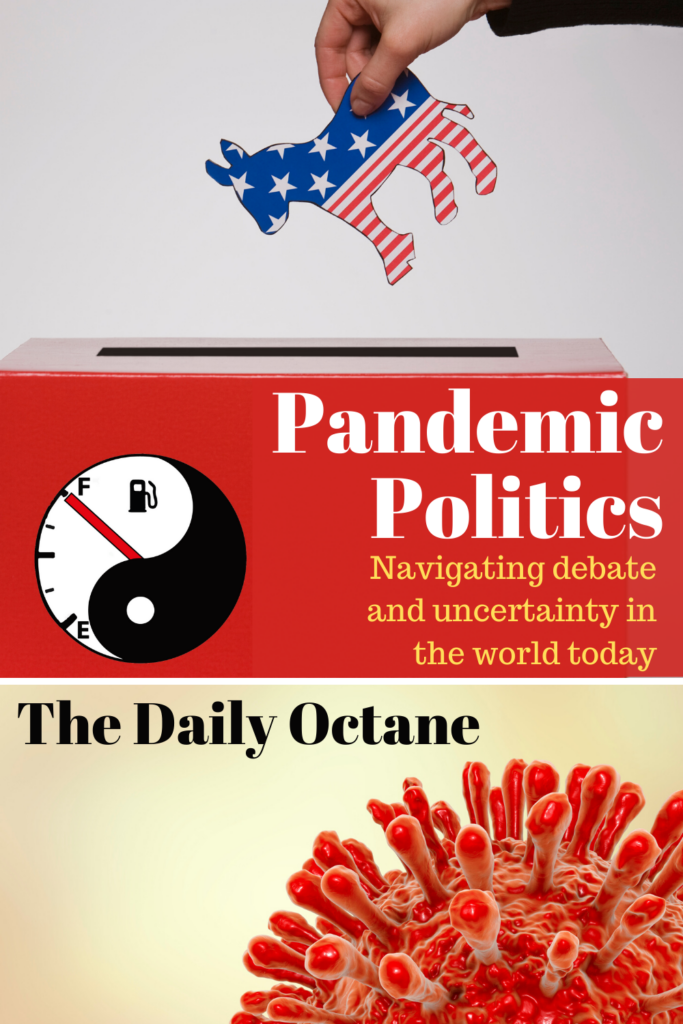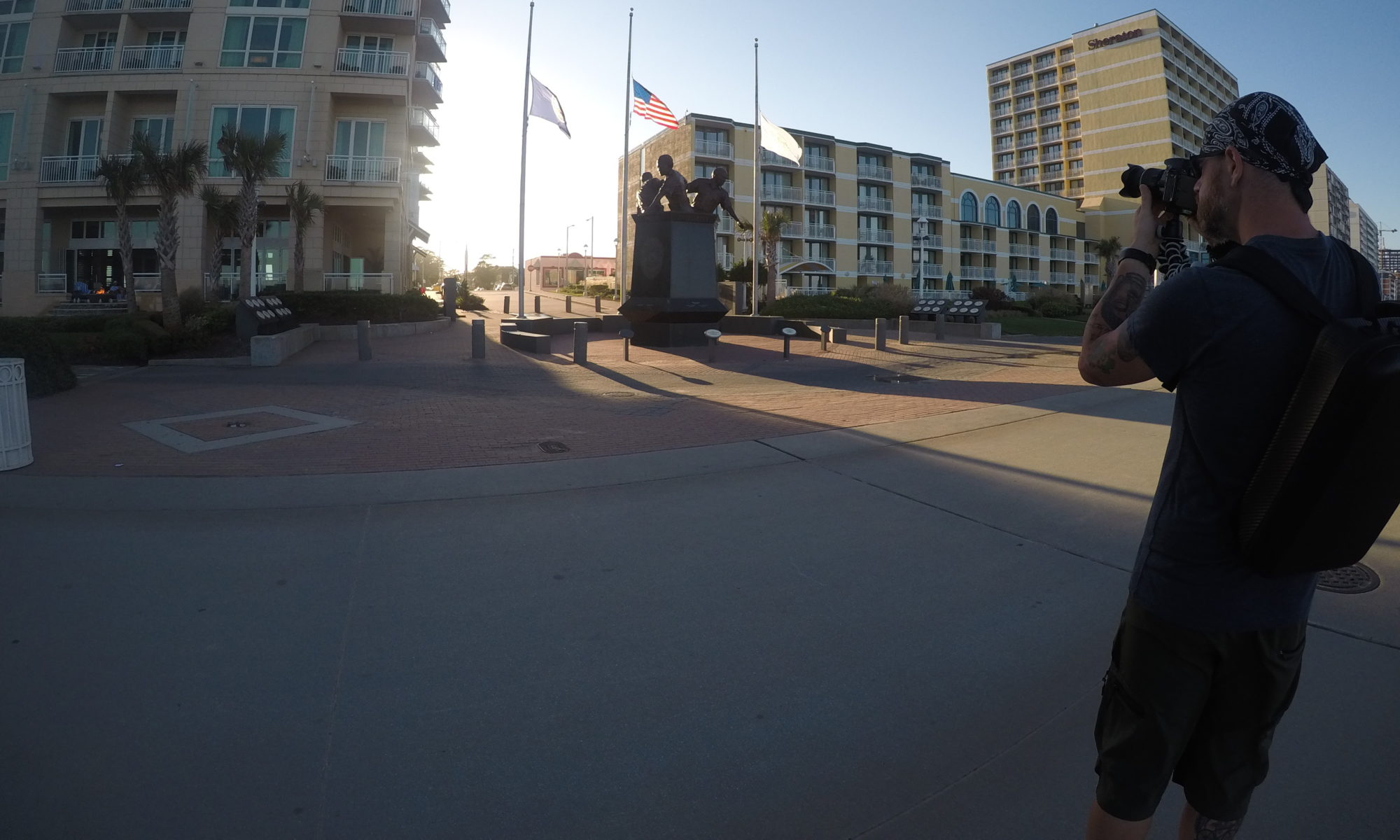So many reasons, so little time

I recently made the decision to unfriend a bunch of people on Facebook. For years I have kept ties with many of my social media contacts who had dissenting opinions to me. I convinced myself there was value to understanding how people viewed politics from a different position in life. The idea was that I could better convey my own beliefs by processing them through debate with these people. I am now done with that.
The current state of the world has altered things. Gone are the days of passionate debate and a desire to find common ground. Why? How did we get here? Who’s “fault” is it?
click here to read about kayaking during a pandemic
I think the answer to those questions is complicated. I would argue that it is actually a series of dominoes that have fallen to get us here. The following is my OPINION. Its just one person’s opinion and I am sure everyone else has their own. Remember, I am not a poly-sci major nor do I work in politics. Regardless, here it is:
The main culprits of our political divide are the following:
- The 24 hour news cycle
- When cable made its first appearance in the early 1980s, CNN splashed onto the scene, bringing the opportunity for us all to view the news whenever we wanted. As time went on, more cable news organizations came onto the scene. Competition demanded that news become more and more sensationalized in order to win market share and ultimately more advertising dollars
- The election of Obama
- I truly believe that a large portion of our society is inherently racist. In most people, it is latent. The average person is not going to say or do overtly racist things, but rather they exist in a native state of racism. It is common for many people to be fearful of black and brown people. It is also not unusual for people to feel that minorities are taking an unfair portion of the proverbial pie.
- The election of President Barack Obama tapped into that inherent racism. I feel a large swath of people became invigorated by politics born from a sense of fear and that latent racism.
- The Tea Party
- During the early days of Obama’s Presidency, there was a coup of sorts in the Republican Party. The Tea Party was born of a desire from the base of the party to move the national agenda further to the right. They began winning local elections, then state elections, and ultimately finding their way into a smattering of seats in The House of Representatives.
- During the debates of The Affordable Care Act, the Tea Party was instrumental in damaging public opinion of the legislation. Following that debacle, they further influenced John Boehner (the Speaker of The House at the time) into a series of grandstanding moves to stop budget progress. This took specific form during the need to raise the debt ceiling following President Obama’s financial moves to rebuild the economy after the crash of 2008.
- Mitch McConnell
- The obstructionist playbook was expanded by Mitch McConnell when he publicly stated, “The single most important thing we want to achieve is for President Obama to be a one-term president.”
- As Majority Leader of the Senate, he was uniquely positioned to block every possible piece of legislation the Democrats brought debate. He refused to allow votes on popular bills. McConnell used a myriad of parliamentary maneuvers to block legislation on a regular basis. He is the epitome of the phrase, “do nothing politics.”
- The Democratic Party
- For their part, the Democratic Party also has some blame to share. On the national level, the party is actually quite dysfunctional. For decades, it has lacked a cohesive voice. The leaders of the party seek some sort of balance of moderation and progressiveness, all the while achieving neither.
- The Democrats are wonderful at cannibalizing their own party. If a Republican does something untoward publicly, their party tends to close ranks and speak no ill will. The Democrats are far to quick to publicly admonish their own side, often making the party look elitist and fractured.
- The Democrats have never seemingly been a single party, but rather a pack of people with 100,000 different agendas. Instead of building a coalition of strong candidates with a cohesive agenda, a hodgepodge of activists seem to drive the agenda and the message is lost in the noise.
- The Religious Right
- Somewhere along the line, the Republic party was hijacked by religion. I am unsure if it is actual ideology or the fear of public admonishment that scares candidates the most. Realistically, it is more likely that GOP candidates are the recipients of large donations by religious organizations and beholden to the marketing of Political Action Committees controlled by the same groups.
- The Religious Right ultimately has two agendas in today’s political sphere: Stop Abortion and the dismantling of equal rights for the LGTBQ community.
- The Social Conservative Movement, as it likes to refer to itself, is the main driver of public discourse for most people. It is hard to argue fiscal politics, but being for or against abortion is easy…and no one will ever change your mind.
Live and let live
So I quit. It is easier to give up on arguing with my friends. I tried for so long to be polite in my social media posts. I tried to ensure that I was using facts and logic to make my point. The biggest problem to arise from the current political divide is the phenomenon of Confirmation Bias. This refers to the natural disposition people have to only see “truths” in their own opinion. If they believe something to be true, they will only seek out information to support and they will ignore information that contradicts it.
On my YouTube channel today, I posted a rant about this very subject. Check it out:
